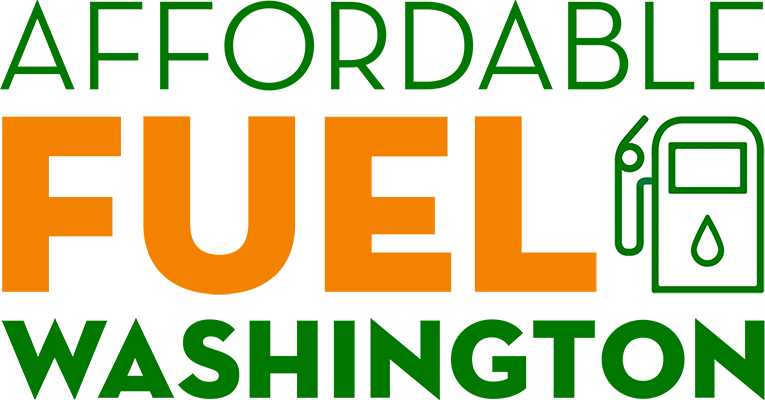Washington’s first auction of greenhouse-gas pollution allowances raised an estimated $300 million in a closely watched sale as companies, consumers and the Legislature get their first glimpse of the cost of emitting in the state.
The Department of Ecology announced Tuesday it had sold all of its almost 6.2 million allowances, each representing one metric ton of greenhouse-gas emissions. The settlement price was $48.50 per ton, more than double the starting price of $22.20. The department says the revenue raised from last week’s auction will be confirmed in a report later this month after financial transactions are completed.
The Washington auction price settled higher than prices in a similar program in California and Quebec, which closed at $27.85 per ton in a recent auction. …
The state’s carbon-pricing program is the centerpiece of the state’s 2021 Climate Commitment Act. It sets a statewide cap on greenhouse-gas emissions that gradually ratchets down over time, with a goal of decarbonization by 2050.
Polluting businesses can purchase allowances at quarterly auctions. Over time, the number of available allowances will incrementally decrease. Money raised from the auction goes to the Legislature, which intends to spend it on other programs to reduce emissions.
Catherine Reheis-Boyd, the president and CEO of the Western States Petroleum Association, said in a written statement the auction price was “unnecessarily expensive” and would harm consumers and the economy.
“While the state is focused on the funds raised, today is not a day to celebrate and should be a warning for the viability of the program moving forward,” Reheis-Boyd said. …
But even as lawmakers debate where the proceeds will go, the budget is only based on the state’s best guess. …
The governor’s two-year budget would spend about $1.7 billion in revenue from the allowance auctions. …
The state is required to spend at least 10% of the total auction revenue on supporting projects led by tribes, and 35% “in ways that benefit vulnerable populations in overburdened communities.” …
More than 50 businesses, including investors, natural gas and oil companies were eligible to participate in the auction. The state department of Ecology said it could not disclose who participated.
Read the Complete Article »